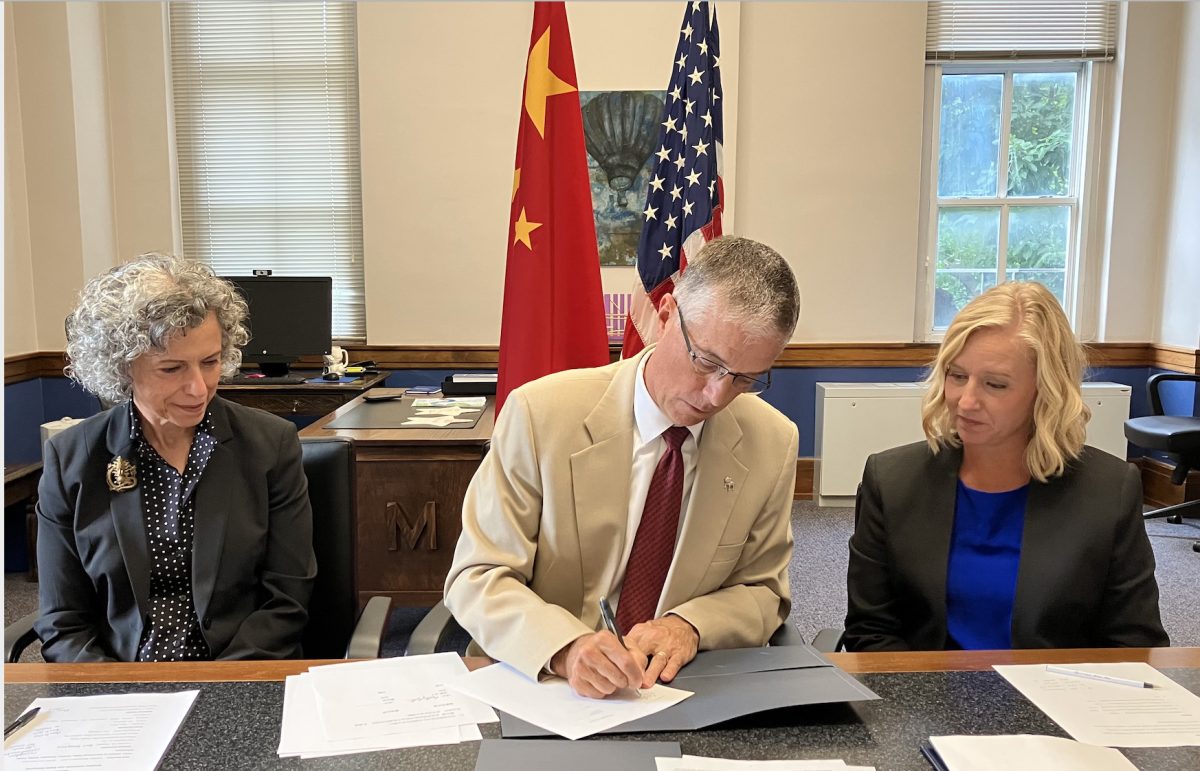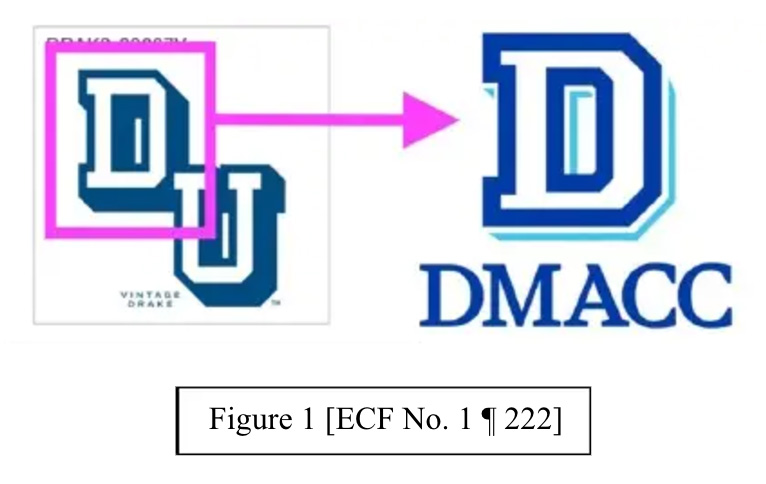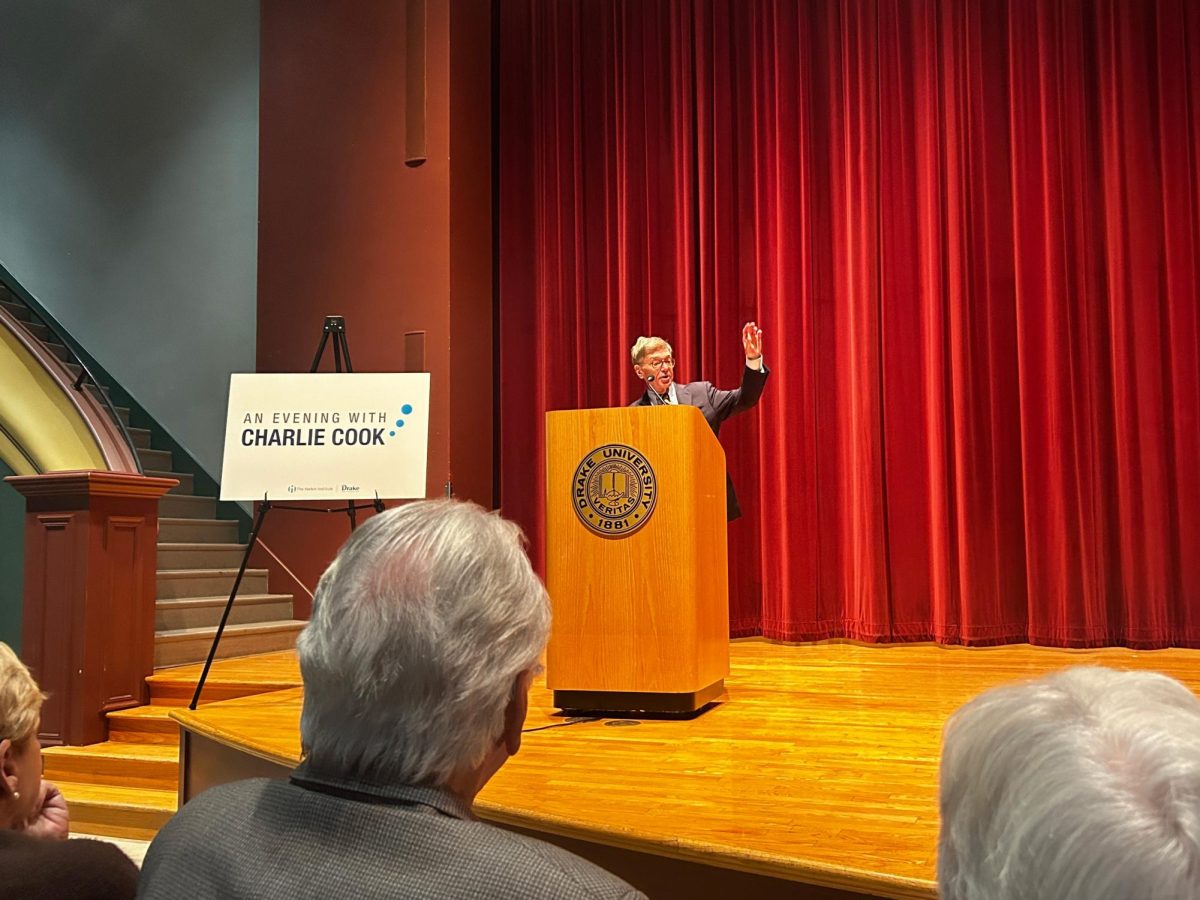photo from kino.com/poetry
Films that set out to explore ideas that most people would rather not think about are often the finest films. However, not every one of these films gets it right. Many just pose the obvious questions, answer them in unoriginal ways and expect the outcome to resonate with the audience. “Poetry” is not one of those lazy fares. Written and directed by former South Korean minister of culture and tourism Lee Chang-Dong, “Poetry” is one of the finest films I’ve seen so far this year and not just because of its harrowing plot.
“Poetry” starts to impress almost as soon as the credits begin to appear on the screen. The opening sequence evokes a sense of serenity, making you feel as if you are falling asleep to the sound of rainfall, yet at the same time is as ghastly as hearing a muffled scream in the distance. I will not delve into the details for the purpose of not spoiling what could possibly be the most haunting scene in the whole film.
Next, audience members are introduced to the protagonist, Yang Mija, in a hospital waiting room. Mija is a frail aging woman who walks with a subtle skip in her steps. She lives on a government subsidy, but also makes money by taking care of an old man half-paralyzed by a stroke. Her teenage grandson lives with her because his mother moved to a different city after her divorce. This grandson, throughout the course of the film, does not say a single kind word to his grandmother, but that doesn’t stop Mija from unconditionally loving him.
Mija reminisces about her childhood when she was told she had a “poetic vein” in her body. One day, upon seeing a flyer advertising a poetry writing program at the local cultural center, she decides to explore that potential. Her teacher is an eloquent man and tells the students that to be able to write poetry, they need to see things in their entirety. Mija follows suit and from then on spends hours just looking at things, trying to really see them.
The film spends a lot of time with Mija trying to write a poem. These instances and the ones she spends inside the classroom demonstrate an uncommon honesty in portraying how basic the most complex of human emotions can really be. Perhaps director Chang-Dong’s novelist past is to be credited with this feat. Whatever the reason behind it may be, the result is truly moving.
The tone of the film is very subdued. Mija’s life is portrayed as being routine, quiet and peaceful at the beginning, but even after news of the film’s central tragedy hits Mija not much changes. She does not react in any way I would imagine a reasonable person to react in her situation. Her toil is an internal battle, and one that is so elusive, it will make you wonder if she even understands the implications of what has happened.
Lee Chang-Dong does a marvelous job underplaying everything. One of the most striking things about this film is its appearance of stagnancy. It is not to say there is no plot progression or change in the film, but simply that the progression is so subtle and smooth, like the movement of a glacier, that we are hardly aware of it.
Veteran South Korean actress Yun Jung-hee returned to acting after 16 years in retirement for “Poetry.” Her embodiment of Mija is sublime. While trying to salvage what is left of Mija’s heart, she skillfully manages to break the filmgoers’. I found it particularly remarkable that she could so gracefully pull off being the sole driving force of such a powerful film while playing a character as submissive as Mija.
The film does not provide the audience with any sort of concrete resolution in the end. Mija puts an end to her ongoing internal battle but it is hard to tell if she survives it even though audience members know that she only looks frail. “Poetry” is an absolutely devastating film, but I couldn’t help but feel joy in the fact that her arduous pursuit of poetry culminated in the beautiful poem that is read over the final scenes.
“Poetry” is playing at the Varsity Theatre. Show times include evenings at 7:15 and 9:40, a Friday matinee at 4 p.m. and Saturday-Sunday matinees at 1:30.






